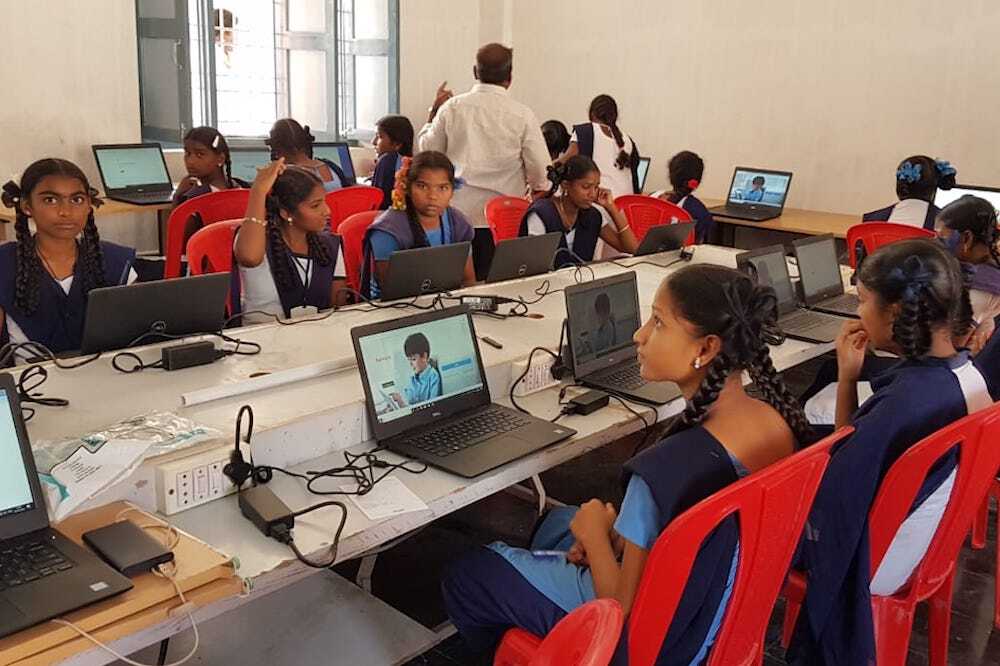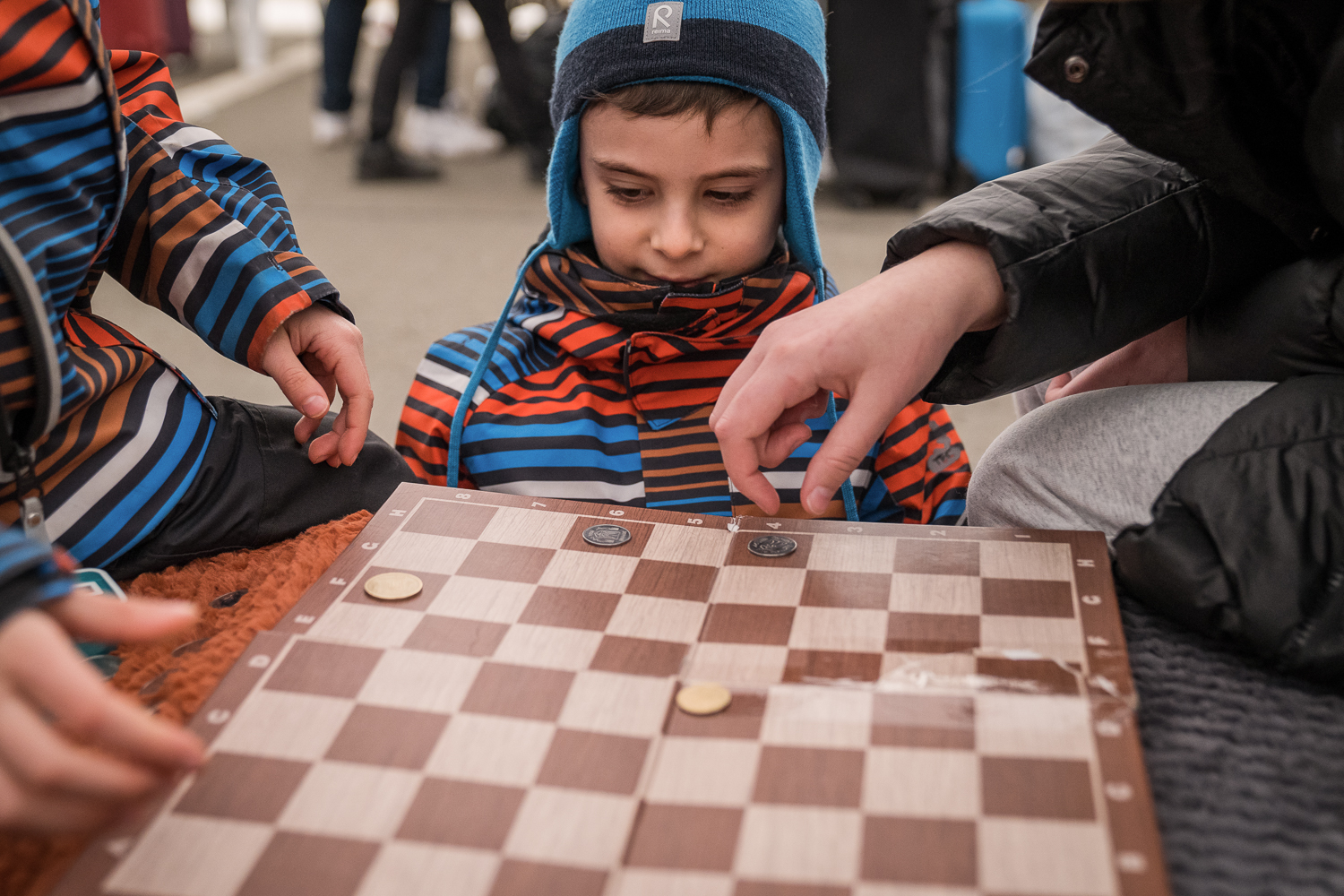
Five things you need to know this week about global education

Education in emergencies
Five million children in India will benefit from a major project to improve the quality of education - plus Tanzania lifts a ban on pregnant girls returning to school.
5m Indian children to get better quality education
A $250 million project will improve the quality of education and teaching for more than five million children in the Indian state of Andhra Pradesh.
Funding from the World Bank will benefit four million children aged six to 14 in more than 45,000 government schools and over one million children aged three to six in Anganwadis (child development centres).
The project will also improve teaching practices and governance in public schools. It will help about 190,000 teachers and more than 50,000 Anganwadi workers.
The Supporting Andhra’s Learning Transformation Project will encourage professional development of teachers, provide remedial learning courses for children impacted by the pandemic and pay special attention to students from marginalised groups, including children with special needs, tribes and girls.
The southern state of Andhra Pradesh has made significant strides in improving enrolment and retention rates. But 40% percent of 10-year-old students still fail to reach minimum proficiency levels.
“Urgent action is needed to realise a new vision for education, one in which learning happens for everyone, everywhere,” said Junaid Ahmad, World Bank Country Director in India.
Tanzania ends school ban on young mothers
Tanzania has announced that girls expelled from school due to pregnancy will now be allowed to return to the classroom after giving birth.
The move comes after a June announcement that secondary school dropouts, including girls who became pregnant while in school, could resume their studies but only in alternative colleges.
More than 120,000 girls drop out of education annually in Tanzania – 6,500 of them due to pregnancy or having children.
Human rights groups had criticised Tanzania’s ban on students returning to formal education after giving birth. They said expulsions increased under President John Magufuli, who died in March.
School meals help Haiti earthquake children
A school meals programme is planning to expand and use more local produce in areas of Haiti devastated by an earthquake in August.
The World Food Programme’s school meals initiative aims to provide the most vulnerable children with at least one cooked meal a day. It serves 345,000 students at more than 1,600 schools.
Dozens of schools were damaged or destroyed in the earthquake, which killed more than 2,200 people.
UNICEF also supplies handwashing stations, textbooks and desks. WFP Field Programme Assistant Maguelita Varin said: “We have to take a holistic approach – because if children don’t wash their hands and then eat, they can get sick. And if they don’t have any books, they’re not able to study even if they have eaten well.”
Deadly attacks on schools
Several children were killed and injured in attacks on schools in two countries this week. In Cameroon, gunmen killed at least three students and a teacher just two months after hundreds of schools in the Anglophone areas in the country reopened after being shut for years by separatists.
“Another senseless, outrageous murder of innocent children,” tweeted Philippe Van Damme, the EU Ambassador to Cameroon. The North-west region, one of two where English-speaking separatists have been fighting to form a breakaway state since 2017, was rocked by a similar attack last year when gunmen opened fire in a school, killing seven children.
In Somalia’s capital Mogadishu, a suicide bombing outside a school complex killed eight people and wounded 17, including 13 children. Classroom ceilings at a primary and secondary school crashed on to students’ desks.
“A brick hit me in the head and blood was gushing onto my uniform,” said 13-year-old Abdisalan Omar Ibrahim.
South Korean schools reopen after almost two years
For the first time since early 2020, all schools in South Korea resumed full in-person classes this week.
As the first country outside China to face a major outbreak of Covid-19, its schools have seen various stages of shutdowns, remote learning and hybrid arrangements. Previous efforts to reopen classes were hampered by new waves of infections.
Schools still can move back to remote learning or other arrangements. Precautions such as masks, dividers and other distancing measures remain in place.
“It is true that many concerns remain,” said South Korean education minister Yoo Eun-hye at an elementary school in Seoul. “The education ministry and education offices will thoroughly check the prevention measures and will support areas in need.”
More news

